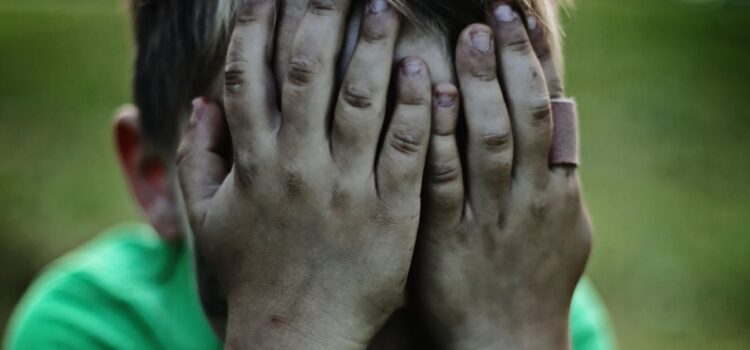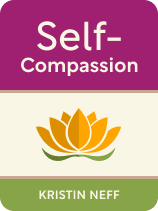

This article is an excerpt from the Shortform book guide to "Self-Compassion" by Kristin Neff. Shortform has the world's best summaries and analyses of books you should be reading.
Like this article? Sign up for a free trial here.
What happens if you have overly critical parents? How does a parent’s attitude rub off on their child?
One of the main reasons why some people have trouble practicing self-compassion is because they have overly critical parents. In her book Self-Compassion, Kristin Neff says that children will replicate a parent’s negative attitude towards themselves.
Learn more about the psychology behind critical parenting and how it affects adults.
Children of Critical Parents Become Self-Critical Adults
Neff says that research shows that children of overly critical parents are more likely to criticize themselves as adults. Children who internalize their parents’ criticism believe they’re bad, flawed, and unworthy of being accepted for who they truly are, and that to receive their parents’ love they have to be what their parents want them to be: Perfect. This sets them up to believe that “perfection” is a legitimate, achievable goal, which is a recipe for failure and rejection.
(Shortform note: Not only can parental criticism lead children to self-criticize, it can alter children’s neural responses to reward and punishment. Research shows that overt criticism magnifies children’s reactivity to losses and limits their reactivity to gains, setting them for longer-term self-esteem issues that can last through adulthood.)
Neff says that to lessen the blow of being criticized by their parents, many children learn to criticize themselves before they get beat to the punch. When children who consistently self-criticize grow up, they often inadvertently undermine their efforts to get close to and receive support from others by seeking out relationships with people who validate their negative self-assessment. This is because the familiar feeling they get from having someone confirm that they’re as worthless as they think they are creates a sense of stability.
Neff says that when you criticize and judge your suffering instead of showing yourself compassion, you shut down and disconnect from others, tuning you out of the human experience and into a lone island of misery. Self-criticism leads people to feel inadequate, inferior, ashamed, and isolated, which can manifest in damaging behavior like alcohol and drug abuse, self-injury, and suicide attempts.
The antidote to the insecurity, anxiety, and hopelessness that self-criticism produces is to acknowledge your negative assessments. To do this, show yourself compassion: Accept that your suffering is real and valid, gently comfort yourself to address your pain, and acknowledge that your imperfections—which are part of the human experience—are the connection point that bonds you with all of humanity.
Self-Critic Types
Psychologists offer more detailed information on the forms that self-criticism can take. Two particularly destructive types of inner critics include the “inadequate self” and the “hated self.” The inadequate self-critic reprimands you for your longstanding incompetencies and faults when you fail to achieve goals. The hated self-critic judges your failings and lets you know, in an abusive, loathing tone, that you’re not up to snuff. Experts link both types of inner critics to the same poor outcomes Neff describes, including depression, anxiety, and suicide, and recommend responding to these inner critics by engaging in reassuring, positive self-talk and self-compassion.
Therapists describe a broader range of self-critical voices, some of which include:
- The perfectionist, who always wants you to try harder and reminds you that you’re never doing things right
- The inner controller, who shames you for not having willpower
- The taskmaster, who tells you you’re lazy and won’t amount to anything
- The destroyer, who tells you you’re worthless and should never have been born
The motive of each type differs, and understanding how they differ allows you to understand the more positive message they’re trying to communicate to you (albeit, ineffectively).

———End of Preview———
Like what you just read? Read the rest of the world's best book summary and analysis of Kristin Neff's "Self-Compassion" at Shortform.
Here's what you'll find in our full Self-Compassion summary:
- The key practices, benefits, and obstacles to embracing self-compassion
- How self-compassion can improve your relationships with others
- The two biggest obstacles to self-compassion and how to overcome them






